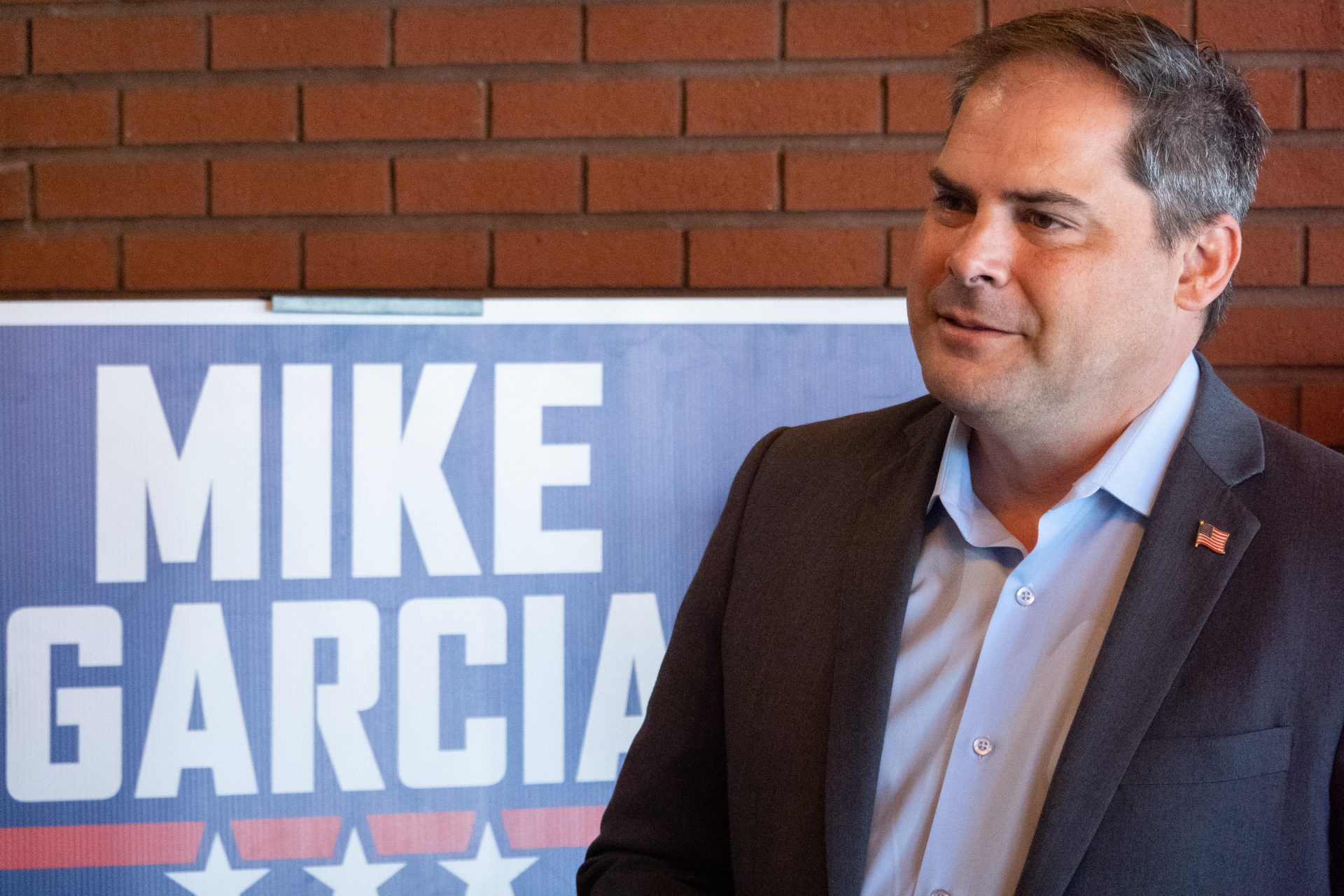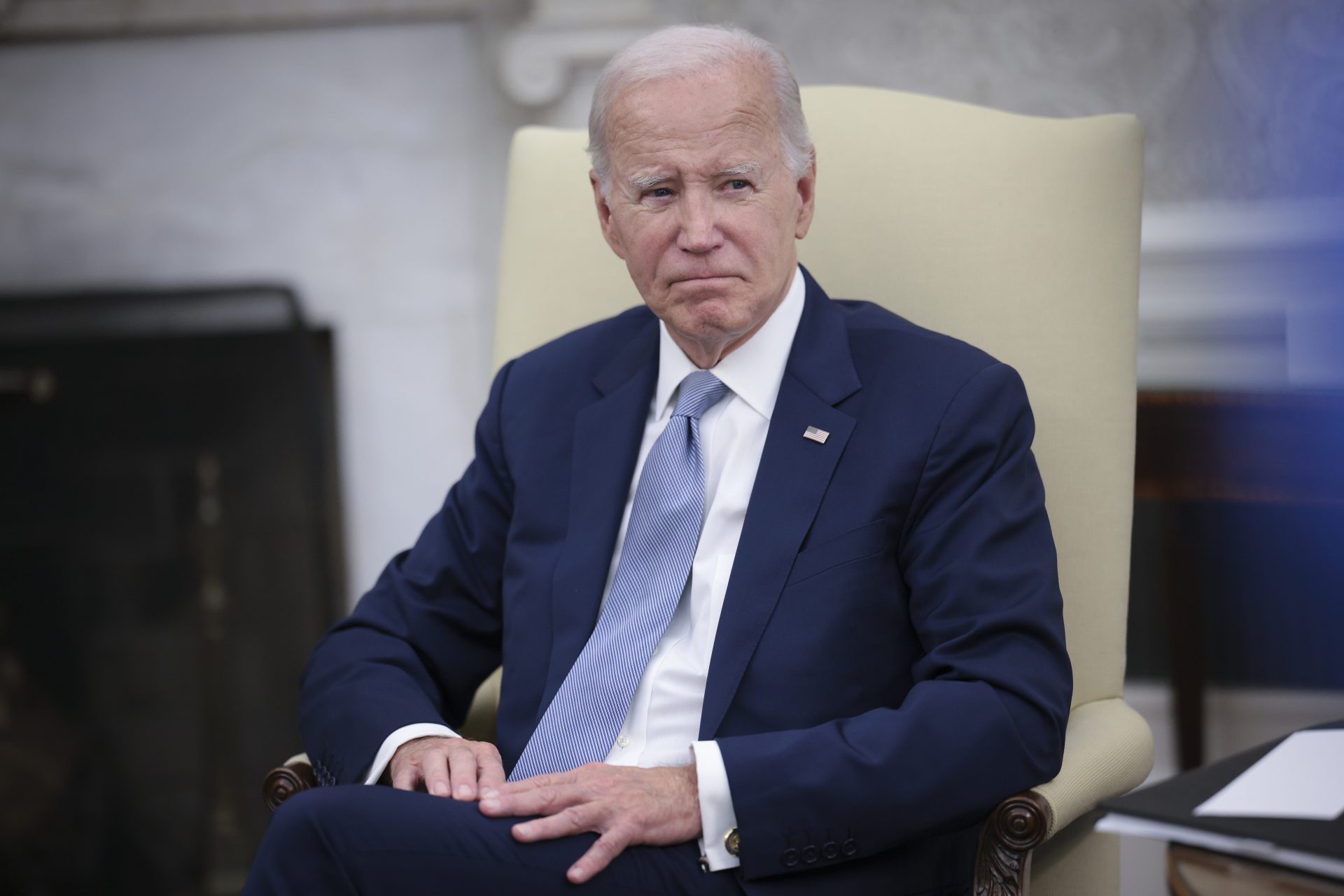Eight Republicans want to tie more Ukraine funding to twelve conditions
Further funding for Ukraine to assist the country in its war against Russia’s invasion has become one of the most politically volatile issues in the United States, a matter that was recently made clear by Republicans from the House of Representatives.
In a letter to Joe Biden that was all but unnoticed by American media, eight Republicans requested that the president decouple military funding for Ukraine from funding for Israel and asked for an “actual win strategy” before they would release more funding.
Some context is required here if you haven’t been following along with the shifting world political situation. In the aftermath of the October 7th Hamas terrorist attack on Israel in the south of the country, Biden asked Congress to approve $105 billion in help.
Not all of that money would be going to Israel. ABC News later reported that $14 billion would be earmarked for Israel while $60 billion would be allocated towards Ukraine and helping Kyiv continue to fend off Vladimir Putin’s invasion of the country.
“Hamas and Putin represent different threats, but they share this in common: They both want to completely annihilate a neighboring democracy — completely annihilate it,” the president said in his speech. But Republicans weren’t buying his rhetoric.
House Republicans have been particularly lukewarm about providing Ukraine with more military assistance, which is why the letter sent to Biden by Representative Mark Garcia and seven other House Republicans didn’t come as much of a surprise.
In the letter, Garcia along with Representatives Tom McClintock, Doug LaMalfa, Adrian Smith, Ralph Norman, Brad Wenstrup, Scott Franklin, and Dan Meuser accused the president of playing games in trying to tie more assistance for Ukraine to Israel’s aid.
Garcia’s letter made it clear that there were levels of trust between Israel and the United States that did not exist between Washington and Ukraine, owing to the 75-year alliance between the U.S. and Israel. They asked for victory but wanted a clear path forward.
The group said that American taxpayers had become weary of “funding a never-ending stalemate in Ukraine with no vision of victory,” and they proposed twelve conditions for which further aid to Kyiv should hinge.
Among the more interesting conditions were that Biden and Volodymr Zelesnky present an “actual win strategy” as well as an estimated price tag for that strategy. Clear updates and status reports on the situation were also asked for by the Republicans.
Biden and Defense Secretary Llyod Austin would also need to explain to the people why future investments were necessary, such as outlining why some weapons were needed, and added they would need to define what would happen if an investment wasn’t made.
Other points asked for Congressional updates on the sanctions being levied on Moscow and added that all NATO members should be required to adopt a “full-sanction policy” on Russia, including on all “oil, grain, and rare Earth minerals.”
The Republicans also questioned if the U.S. vision of the war aligned with Ukraine's and asked for a venue of discussion where issues such as the recapture of Crimea could be discussed to see if it was realistic and within the American interests to fund.
However, one of the most important conditions was the full accounting for U.S. weapons systems being sent to Ukraine and the condition that the Biden administration’s Ukraine aid would not jeopardize the country’s ability to meet its other global commitments.
“Until your administration has satisfactorily met these conditions,” the letter from Garcia and his associates noted, “funding for Ukraine should not be considered in Congress. ”
“For this reason, it is critical that you publicly request that funding for the defense of Israel be considered standalone on its own merits,” the letter continued, adding that failure to meet their request to split aid to Israel would endanger the country.
The letter itself was an interesting political ploy meant to hamstring Biden and push him into a corner; however, things haven’t developed as the eighth House Republicans might have hoped. What will happen next is anyone's guess but the issue isn’t resolved yet.
More for you
Top Stories






























